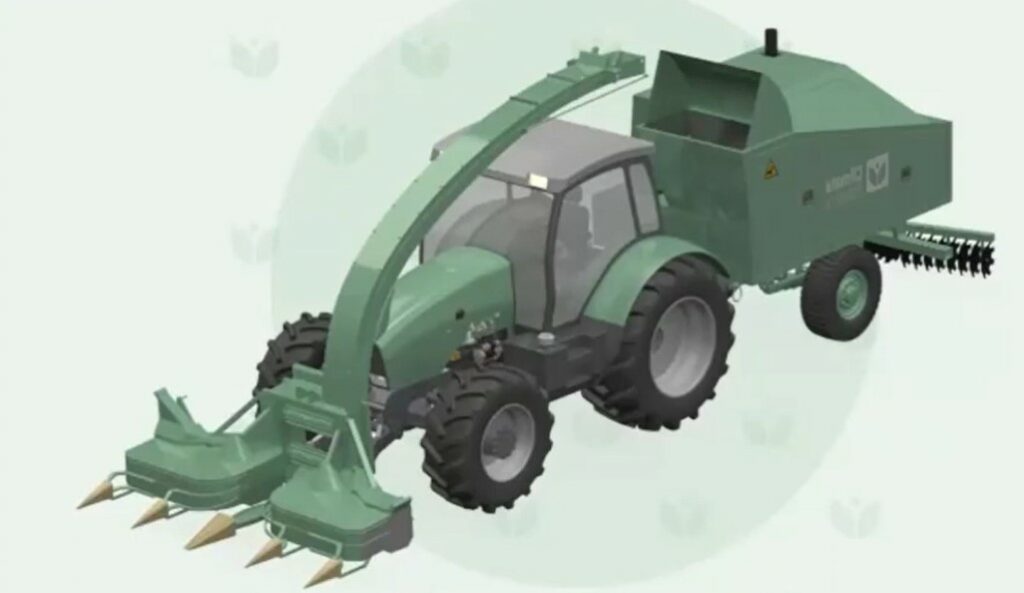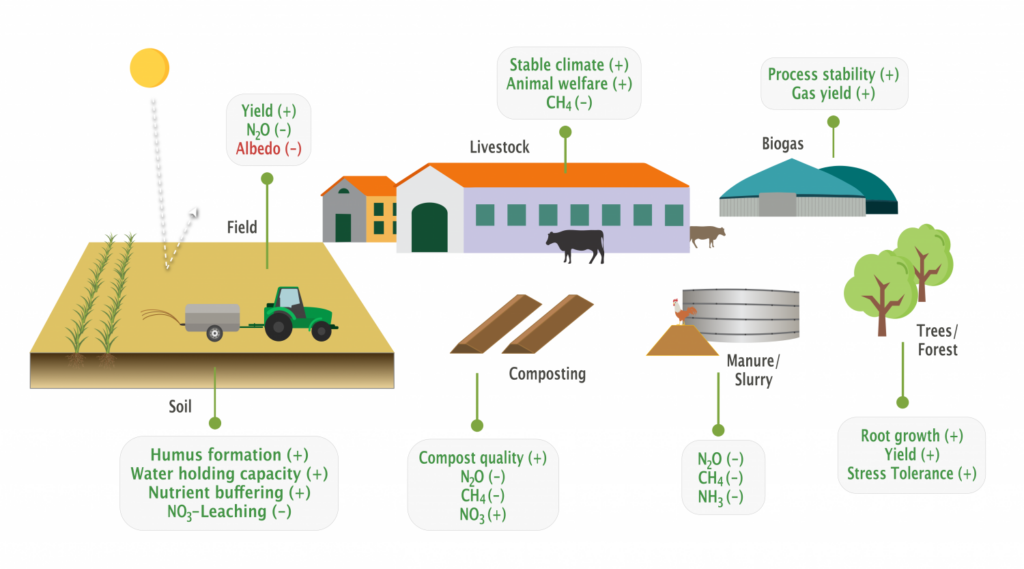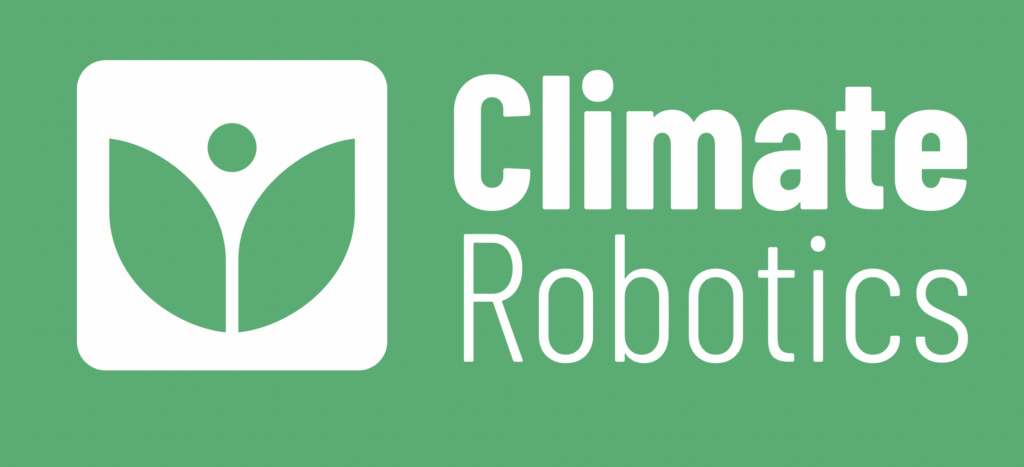Climate Robotics has brought biochar production and use into focus, winning the AgSharks Pitch Competition in the US.
The first stage of any innovation in farming involves getting your projects funded. That makes them one step closer to commercial reality, although this is still no guarantee a product will make it to market. This is the aim of the AgSharks Pitch Competition, co-ordinated by US-based Western Growers and S2G Ventures. They have revealed Climate Robotics as the winner of the 2023 contest. The victory comes with a substantial equity investment offer of $250,000 from the panel of judges.
Climate Robotics has pioneered mobile biochar production systems for commercial agriculture. Biochar, a carbon-negative soil amendment derived from waste biomass, is credited as having substantial potential to address climate change. When applied to agricultural soils, biochar is claimed not only to enhance crop yield but also improve water and nutrient retention. The potential impact is substantial, with global biochar production capable of durably sequestering up to two billion tons of atmospheric CO2 in agricultural soils annually, alongside the generation of valuable carbon removal credits.

Climate Robotics have developed what they claim is the world’s first automated, in-field biochar production system. The prototype trailed pyrolysis unit can process 10t/ha of grain maize crop residue into biochar, picking it up off the field and incorporating it into the soil in a single pass. What’s more, they signed a deal with Microsoft who have agreed to buy the carbon credits that result.
Jason Aramburu, co-founder and CEO of Climate Robotics, expressed his excitement about winning the prestigious competition. “Biochar offers an immense opportunity to leverage existing resources to sequester billions of tons of CO2 on farms. We are grateful for events like these that help companies such as Climate Robotics scale their tech innovations to decarbonise the atmosphere and improve soil health.”
In addition to the significant investment capital, Climate Robotics will receive mentoring from Western Growers (WG) and S2G, potential access to farm acreage for piloting their technologies, and exposure to WG’s network of leading fresh produce companies.
Audre Kapacinskas, Principal at S2G Ventures, emphasised the importance of addressing real-world challenges through technology partnerships. “By working in partnership with Western Growers, we seek to accelerate the adoption of new technologies that can solve real-world problems and work in tandem with industry to ensure we are directing capital to its highest and best use.”

The AgSharks competition is recognised as a pinnacle event during the Western Growers Annual Meeting, providing a platform for agri-tech innovators like Climate Robotics to showcase their solutions. , commented, “There is nothing like the pressure cooker of telling your story to hundreds of top produce industry leaders to prove you are ready to take your technology to market,” said Walt Duflock, SVP of Innovation at Western Growers.
The two other finalists were:
- Cultiva, who develop plant cuticle health technology and offer products like Parka and Kallur to protect specialty crops from environmental stresses.
- Provision, a company simplifying compliance and data insights for growers through cloud software and streamlining paperwork.
Biochar is a carbon-rich material produced through the process of pyrolysis, which involves heating organic biomass in the absence of oxygen. This results in a highly porous and stable form of charcoal. Biochar can be a valuable tool in farming due to its numerous claimed benefits for soil health, nutrient management, and overall agricultural sustainability. Here are several ways in which biochar can be used in farming:
- Soil amendment:
- Improved soil structure: Biochar’s porous structure is credited to improve soil aeration, water retention, and drainage. It enhances soil structure, making it more conducive to root growth.
- Increased water retention: Biochar’s ability to retain water can be particularly beneficial in arid regions or during dry periods. This can reduce irrigation needs and help plants withstand drought conditions.
- Nutrient retention and availability:
- Nutrient absorption: Biochar has a high cation exchange capacity (CEC), which means it can absorb and retain essential nutrients such as nitrogen, phosphorus, and potassium. This can prevent nutrient leaching, making these nutrients more available to plants.
- Slow release of nutrients: Biochar can act as a reservoir for nutrients, releasing them slowly over time. This helps provide a sustained supply of nutrients to plants, reducing the need for frequent fertilisation.
- Carbon sequestration and climate change mitigation:
- Carbon storage: Biochar is believed to be a stable form of carbon that can persist in the soil for hundreds to thousands of years. Adding biochar to the soil can contribute to carbon sequestration, helping mitigate climate change by removing carbon dioxide from the atmosphere.
- Reduced greenhouse gas emissions: Biochar application may reduce emissions of greenhouse gases such as nitrous oxide from the soil, contributing to climate change mitigation.
- Microbial activity and soil health:
- Microbial habitat: Biochar is thought to provide a habitat for beneficial soil microorganisms. It fosters the growth of mycorrhizal fungi and beneficial bacteria, which can enhance nutrient cycling and promote plant health.
- Reduction of pathogens: Biochar has been shown to suppress certain soilborne pathogens, helping to protect crops from diseases.
When using biochar in farming, it’s important to consider the type of biochar, its source material, and the specific needs of the crops and soil. Proper application methods, such as incorporation into the soil, should be employed to maximise its benefits. Additionally, biochar application should be part of a comprehensive soil management strategy tailored to the local agricultural conditions.
